Peace and Conflict Studies (PACS) produces diverse, interdisciplinary alumni that have the skill set to work all over the world, in a multitude of fields and industries. Below, this wide array of careers is represented by the six facilities at the University of Waterloo: Arts, Applied Health Studies, Engineering, Math, Environment, and Science. Browse alumni careers by location or faculty by clicking on the map above.
Arts
Brenda Fitzpatrick - Ph.D. Candidate, University of British Columbia
Brenda is currently a Ph.D. candidate in Anthropology at the University of British Columbia, studying environmental conflict from an inter-cultural conflict perspective. Using the Site C hydro dam project in the Peace River region of British Columbia as a case study, Brenda is attempting to bring an anthropological perspective on the environment, with applied world view conflict transformation approaches. Her dissertation is based on more than a year of ethnographic fieldwork in Fort St John, where she attended public hearings, rallies, fundraisers, and community events, along with conducting interviews, all related to the environmental assessment process with people on both sides of the conflict. Brenda says, “As environmental challenges become more and more urgent, I believe it is vital to facilitate conflicting parties in hearing each other out and to pay attention to whose voices are being heard.
Ellery Penner -Assistant Manager, Ten Thousand Villages
Ellery is the Assistant Manager at Ten Thousand Villages, in their Niagra-on-the-Lake location. Ten Thousand Villages is a not-for-profit fair trade organization that creates opportunities for artisans in developing countries, to earn an income by bringing their products to North American markets. In her role as assistant manager, Ellery is responsible for the day-to-day operations of the store, communicating artisan stories to customers and raising awareness about the significance of fair trade in a variety of settings, such as schools, churches, and small groups and organizations. Sharing her passion for fair trade and social justice is Ellery’s favorite part of the job. She says, “It was truly a gift to see daily hand-crafted items from all over the world, to hear the stories behind them and know that those who created them worked in safe conditions, with fair pay.”
Ellery is now working through a teacher’s college, preparing to fulfill her lifelong dream of becoming a teacher. “I have already seen the immense value of having a PACS background, as I’ve drawn upon the skills I learned in the classroom to help students navigate through interpersonal conflict,” Ellery said. She hopes to take every opportunity to encourage students to think about social justice, equality, human dignity, and restorative justice.
Emily Mininger -Administrative Coordinator and Advisor, University of Waterloo
Emily is the Administrative Coordinator and Advisor for the Department of Psychology at the University of Waterloo. Her work mainly entails working with and advising students, to help them navigate the university’s system. Helping them through both academic and personal struggles, Emily advises students and connects them with resources on campus. In addition to advising, Emily schedules exams and courses, and does other administrative work for the psychology department.
This work is significant to Emily because she feels that she provides the connection between the institution and the student’s personal experience. Through this, Emily can help students find solutions in difficult situations. From this perspective, Emily feels that the majority of her job revolves around working through interpersonal conflict. She feels that her PACS education has developed her empathy for the students she works with, and her awareness of social issues allows her to understand the circumstances of particular students.
To stay active in the social justice community in Waterloo, Emily is involved in Peace Quest, KW Peace, and Conscious Canada. Recently, Emily took on a leadership role for a project in Peace Quest. She was able to plan everything from the initial idea to the day of the event. Emily found satisfaction in this work, where she was able to create a space for people to engage in the issue and glorification of war. In her volunteer work, Emily is passionate about adding another voice to the narrative and providing a space for the silenced and oppressed to share their perspective.
Gord Durnin - Video Journalist
Gord is a video journalist working in South America. He captures, edits, and transmits images from news events in Brazil, South and Central America, the Caribbean, and occasionally in other places in the world for Al Jazeera (English television network). Most recently, he’s been working on a documentary which focuses on oil extraction in a biologically diverse national park of Ecuador, home to one of the world’s last uncontacted indigenous tribes.
This work is significant to Gord because he believes that widespread access to accurate information is one way to work towards conflict resolution. “Communications technology has come a long way during the last two decades, as it moves to cheaper, faster, and better digital platforms, which leads to the world being more self-aware. People all over the world are finally beginning to come to terms with important realities and challenges,” he says, “It's amazing to be in the thick of such a transition and, hopefully, perhaps transformation.”
Gord believes that his PACS education has helped him in his journalism career immensely. “Journalism, at its best, is an exercise in conflict analysis.”
Jennifer Wiebe - Ottawa Office Director, Mennonite Central Committee
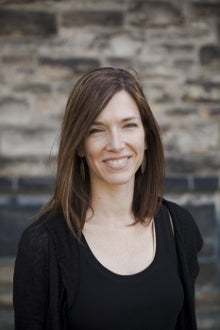
This work is significant as Jennifer says, “In order for MCC to do the work of relief, development, and peacebuilding effectively, it is important that we address government policies that contribute to poverty and injustice.” In general, they use advocacy to challenge systemic injustices. According to Jennifer, advocacy is a good development practice as it challenges some of the long-term, structural barriers to building sustainable peace.
Jennifer can see that the advocacy work of the MCC’s Ottawa Office does contribute to development. For example, MCC has almost forty years of experience working with victims of cluster bombs through post-conflict bomb clearance (de-mining), as well as risk education and victim’s assistance in countries like Laos and Lebanon. Motivated by this long-standing experience, they chose to intervene in the legislative process in order to strengthen Canada’s ratification of the Cluster Munitions Convention. Throughout 2012 and 2013, the Ottawa Office had many meetings with Members of Parliament to outline their concerns with the legislation, creating a written submission to the House of Commons committee that was studying the bill. They also presented oral testimony to the Senate committee tasked with analyzing the legislation. In December 2013, the government agreed to amend the bill slightly to enhance oversight of non-legislated treaty obligations.
John Wray - Minister, United Church of Canada
John is a Minister at Chemainus United Church, part of the United Church of Canada. In this role, he is responsible for guiding the spiritual, ritual, and mission work of the congregation. This is important to John because he believes that people have a deep yearning for a safe place to explore their spiritual side. John believes that this exploration is best done in communities and that a good community not only responds to the needs of its people but also the people beyond its boundaries. Therefore, John works within his community, as well as engages in outreach.
Recently, John facilitated a series for his church called “Who is My Neighbor?” where he invited four different neighbors into the conversation, in place of a regular sermon. They hosted a Muslim scholar, a former homeless healing touch practitioner, a native elder, and a farmer engaged in drug and alcohol rehabilitation work. John expressed that this experience transformed the community and allowed everyone to gain a new perspective on people different from themselves.
Kara Bednarski - Africa Team Leader, Canadian Armed Forces
Kara has served in the Canadian military for 22 years. Her current position is the Africa Team Leader for the Canadian Forces Intelligence Command. Her work has taken her all over the world, from Bosnia to Afghanistan to the West Bank. Throughout her career, she has worked with artillery and air defense artillery, and more recently intelligence.
Kara believes that intelligence plays a significant role in conflict. She says, “Intelligence and information are critical aspects of decision-making. Ignoring intelligence, or inventing information, can lead to catastrophic consequences.” At a strategic level Kara explains, “Senior government and military officials need to have advance warning of conflicts so they can respond more efficiently.” That is the essence of what intelligence officers do. She works hard behind the scenes to make sure that the right people get the right information at the right time.
Kara firmly believes that there is no better education than experience. She thinks that it’s important to hear all points of view surrounding a conflict, and to analyze the underlying issue. Kara asks questions like, “What are the grievances, human rights or economic issues? What are the prevailing conditions regarding human insecurity that underpin the conflict?”
Only by exploring these different avenues of information can one truly get to the heart of the conflict, Kara explains. “Conflict resolution can only begin when these issues are acknowledged and addressed.”
Kara Klassen - Project Manager, Mennonite Economic Development Associates
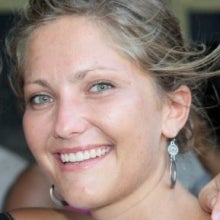
Another aspect of Kara’s job is conducting market research on people from various backgrounds in rural and urban areas around the world. Through this research, she learns about the barriers and opportunities people face when they become involved in entrepreneurship.
In her research, Kara met one woman from Ethiopia who was very entrepreneurial, and was taking advantage of her opportunities. She farmed chickens, and was able to create a sustainable business by securing a consistent buyer of eggs, to feed her family. Kara was very impressed by this woman’s story, “She was a strong, confident woman who was using the skills and resources she had to improve her and her family's life as a single mother and was succeeding. This is the type of story my work aims to help create over time - and this woman was living it already!”
Konica Kochar -
Konica Kochar is a PACS graduate, a law student, a world traveller, and a believer in a more beautiful world. During her time at UWaterloo as an undergraduate student, Konica studied Arts and Business, majored in PACS, and minored in Legal Studies.
Leah Reesor-Keller - Country Representative, Mennonite Central Committee
Leah is a Country Representative for Mennonite Central Committee (MCC) in Nepal. Along with her co-representative, Leah is a leader to MCC’s development and relief work in Nepal. Their team of Nepal and international staff, work with Nepal organizations to run projects related to agriculture, health, education and disaster response in communities across the country.
Leah loves supporting people and organizations who are passionate about making positive change. In her role, she works on managing MCC’s resources, while also looking for ways to further develop the ability of the partner organizations, to reach the most vulnerable and marginalized in Nepal society.
The recent earthquakes in Nepal had a huge effect on Leah’s role and required hard work and dedication in a stressful time. After the earthquakes, the immediate priority for Leah was ensuring that all team members were safe, and finding shelter for them during the several days of aftershock. Leah and her team also needed to learn how their partner organizations and communities they worked in, were affected and had to communicate this information to MCC. She also did a number of media interviews to raise awareness of the disaster, to encourage donations to support MCC’s relief and recovery work. Leah says, “Within a day, we started meeting with partner organizations to make plans to distribute relief supplies to rural areas affected by the earthquakes. Through the hard work of our staff, partners and local volunteers, MCC Nepal was the first agency to provide relief supplies in some communities. I'm very proud of this!”
Maria Lucia Zapata - PhD Candidate, University of Manitoba
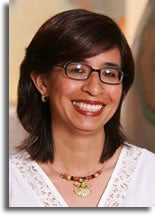
Maria’s main interest is in researching and teaching. She feels that this work is especially important right now because of the current situation in Colombia, within the peace process and the coming post-accord stage.
This work is significant because, despite peacebuilding developments, there are still a lot of misconceptions around the concept and practice of peace, human rights and social conflict. This is true not only for Colombia, but for many other countries struggling with violence. Maria believes that there is a need for more researchers and teachers to analyze and inform society about peacebuilding developments.
Recently, Maria has been working on documenting the origin and development of the Campesino group that evolved from a group of concerned Colombian citizens, to a nonviolent social movement, and then to a political party. This development Maria says, “Illustrates the theory and practice of conflict transformation from individual change to structural and cultural change.” Maria researches and publicizes cases like this to show that peacebuilding is possible, and to provide hope for the future of Colombia.
Stephanie Van Pelt - Consultant, Rotary Peace Centre
Stephanie works as a consultant for the Rotary Peace Centre in Thailand at Chulalongkorn University, as well as the Network for Religious and Traditional Peacemakers. For the Rotary Peace Centre, Stephanie has been working on creating video interviews of the Rotary fellows studying in Thailand. She’s also helped with administration of field studies in Cambodia and Northern Thailand. For the Network, Stephanie has been aiding the Director of Religion and Inclusivity with a program where faith leaders come together and learn about religious extremism. Leaders typically come from Cambodia, Myanmar and Thailand.
A lot of the work she does for both organizations include logistics, as well as video work. During her PACS undergrad, Stephanie often took the opportunity to create unique videos instead of essays. This has helped her to develop her passion and skill with video work, which she now uses every day.
Stephanie has found her work with Rotary to be extremely valuable. She’s been able to learn a lot and meet with fascinating people working in peace studies. Stephanie also finds that her work is significant to the world in general. Promoting peace education is important for the future of conflict resolution, and the Rotary Peace Centre’s Centre for Peace Studies provides a space for community leaders to learn from diverse perspectives and discuss the promotion of peace.
Recently, Stephanie had the opportunity to work on a video project researching the conflict in the south of Thailand. She worked with a group of professors, as they interviewed and told the stories of people involved, relating to the topics of gender, reconciliation, mediation and conflict analysis.
Venus Ho - JD Candidate, Golden Gate University School of Law
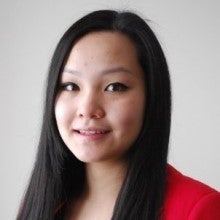
Venus is currently researching the effects of the law and intellectual property on the music industry. She is analysing and recommending how to reform the current law, in response to the impact of the popularity of downloading music illegally. She says, “With new uses of technology and social media, principles of copyright and trademark securities need greater protection for stakeholders with amendments and reforms in the law.”
Cassandra Bangay - Family Partnership Program Coordinator, Reception House Waterloo Region
Currently, Cassandra works at Reception House Waterloo Region as the Family Partnership Program Coordinator. Her role is to partner local family in the Kitchener-Waterloo region with refugee families who have recently arrived in Ontario. Their goal is to create strong cross-cultural friendships. Part of her job is also to plan trips and events for families enrolled in the Family Partnership Program, where she recently hosted an event at St. Jacobs Farmers Market. When families arrived, they met up with students from the Recreation and Leisure Studies department at UW, and spent the afternoon shopping, playing games, sharing food and exchanging cultural differences. Both groups had fun and the students mentioned that it was a highlight of their term.
“During these times of political strife,” adds Cassandra, “it is important to learn to love and respect people who we perceive to be different. Relationships like these strengthen the fabric of our society, and are our hope for the future.”
She still uses skills from her Conflict Resolution, Advanced Mediation and Field Studies courses every day at work. When creating and managing relationships, conflicts are bound to arise. Her PACS courses gave her the tools to work through these conflicts.
Renee Woodhouse - Constable, Waterloo Regional Police Service
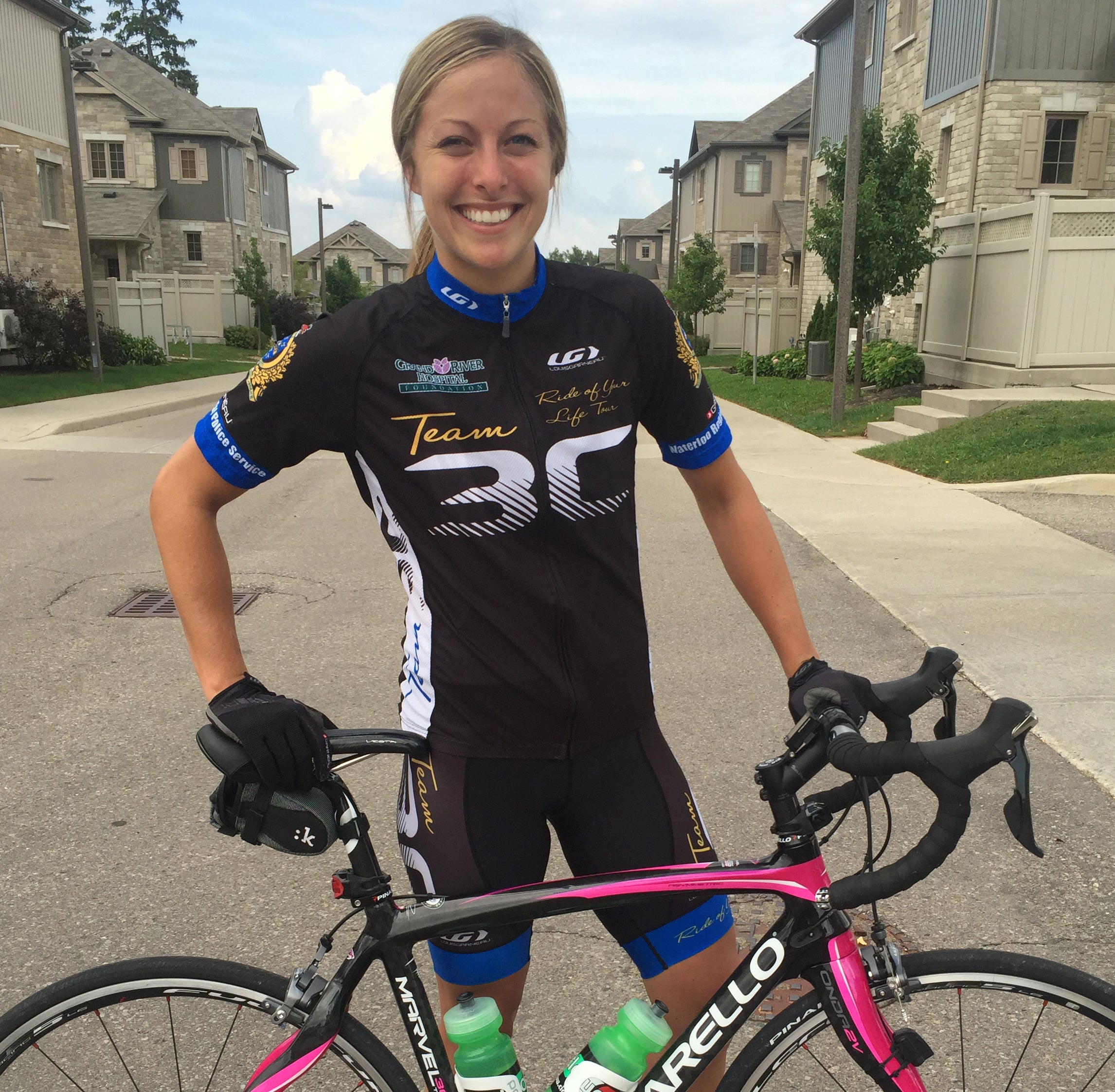
Well aware of current stereotypes and issues within the policing community, Renee focuses on recent programs where the police department is changing into a more healthy service for conflict resolution. There is a push within the Waterloo Regional Police towards community policing rather than punitive measures. This way, they take the time to engage with different groups to have an idea of what people expect and want from the police. This is especially effective more recently, in regard to the influx of immigration. A more holistic way to address conflict and conflict resolution, this method of policing serves the community and humanizes police officers. It is far more effective to figure out why issues arise than to simply punish.
Pairing PACS with her Legal Studies degree, Renee found that there are alternatives to dealing with conflict that do not use force. She was heavily impacted by the PACS courses in Restorative Justice, Mediation and Negotiation. These were refreshing and necessary courses that contrasted with the punitive ideas presented in Legal Studies. Particularly in instances such as family disputes where mediation is critical, Renee is able to serve as a neutral party and provide access to other resources within the community like Community Justice Initiatives, mental health services and victim services. She is constantly seeking community-based, restorative solutions, only using punitive measures as a last resort.
Rozana Al-Rawas - MA Candidate, University of Toronto
Rozana is currently finishing her Masters of Teaching at OISE (Ontario Institute for Students of Education) at the University of Toronto. She learns about the pedagogy of teaching and learning, while practicing teaching during her four-month blocks. Her goal is to become an elementary school teacher and she is well on her way.
Rozana credits the PACS courses she took during her undergrad with helping enrich her experience in schools, while dealing with children of all ages. It also equipped her with the knowledge and resources to teach about peace. Recently, in light of the Syrian refugee crisis, Rozana organized and assisted her Grade 5 students in writing postcards to Syrian refugee children. They welcomed the children to Canada and offered them positive and heartwarming wishes.
“I believe it is important for all students in PACS to realize the unlimited options the program has to offer,” she says. The multidisciplinarity of the program is critical and Rozana believes it will complement any field one chooses to pursue. She adds that the PACS program “Will help you grow both as an individual and a universal citizen.”
Janessa Mann - MA Candidate, University of Ottawa
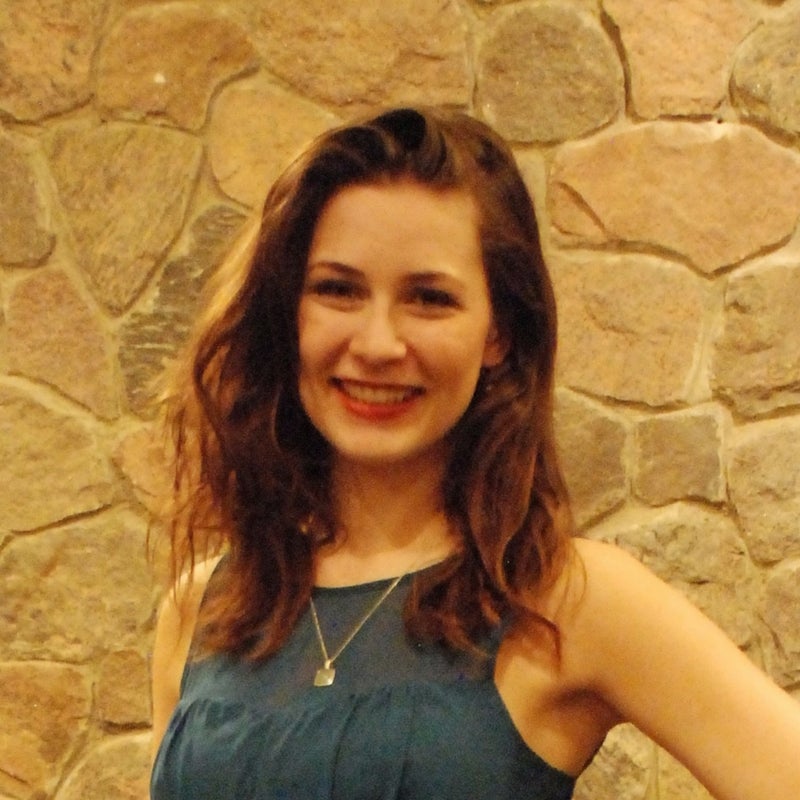
Janessa acknowledges that her experiences in the PACS program confirmed the direction she was already choosing to go. Additionally, it confirmed that she was going to grad school. The two courses she particularly credits as having a strong influence, were the Gender and Conflict course taught by Marlene Epp, and the Peace in Perilous Times course with Lowell Ewert and Mary Lou Klassen. Within Gender and Conflict, they studied the power imbalances present across the spectrum of gender experiences all over the world. Within the Peace in Perilous Times course, students were able to develop physical and marketable skills such as canning food and making wool, to break away from purely academic learning.
Janessa’s advice for future students of PACS is to get involved with organizations as soon as possible; meet people, volunteer and make connections. Getting out of the Grebel bubble can be difficult but extremely important.
Gibo Shim - Intern, Welcome Home Refugee House
For the past six months, Gibo has been completing his internship at Welcome Home Refugee House in Waterloo. This role is similar to his previous role as residence don at Conrad Grebel; he lives with people and gets to know them while looking after the house and making sure everything is running smoothly. The other part of his role is to introduce people to life in Canada and support them through small milestones like taking the bus, practicing English, getting to appointments and doing paperwork.
The refugees who have stayed at Welcome Home during Gibo’s time, have come from all over the world. There are people from Eritrea, Afghanistan, Palestine, Somalia, Uganda and Angola. Welcome Home focuses primarily on newly arrived refugees, allowing people to make lasting relationships with each other, oftentimes moving out together. Welcome Home has room for up to five single women and five single men, as well as a separate family unit for one family. In total, Gibo has seen 20 different people in the six months he has been working there.
The PACS refugee class taught by Marlene Epp is one Gibo credits with preparing him for this role. The speakers she invited into the classroom had a large impact on him; this is where he met his current employer. The class also helped him become more confident and prepared him for this position.
When finished this internship, Gibo plans to work in international peacebuilding. His strong desire to travel is fueled by his love of learning about people and other cultures.
Erika Toffelmire - Campus Ministry Coordinator, St. Jerome's University College
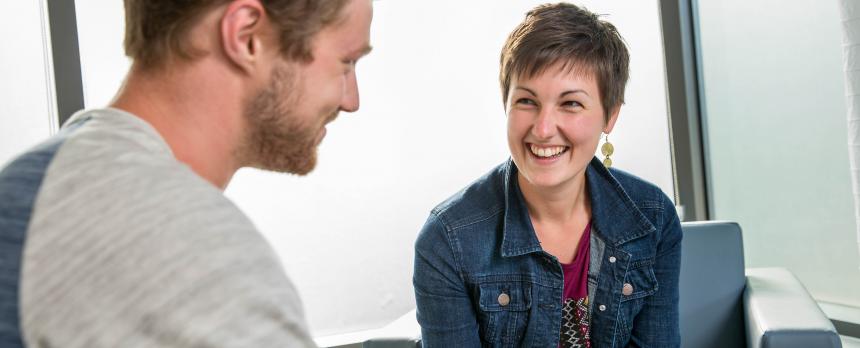
Erika credits her experiences in PACS to forming her worldview and informing the work that she does now. She was chosen for her role at St. Jerome’s partly for her PACS education; it gave her a background in social justice issues and she was passionate about sharing this knowledge with others. She credits the Conflict Resolution training and her internship in India, with teaching her the importance of working alongside people rather than doing work for them.
“The spiritual well-being of people is a portion of wellness that we don’t often acknowledge and supporting this aspect is an important part of my role,” Erika notes, “My faith also asks me to consider the justice and well-being of our neighbours and the earth. This is something I imbue in my work and call others to; it is a piece of my job which I see as being very impactful.”
Amanda Botelho - Caseworker/Liaison/Operations, Mennonite Coalition for Refugee Support

She can serve multicultural clients because of the courses she took in PACS. She also excels in understanding the complexities of violence and war - something most of her clients have experienced.
On her first day as a volunteer, MCRS received a new client from Congo who was dropped off at their doorstep and left to fend for himself. The caseworkers were busy so Amanda was asked to help the man find shelter, food and basic needs for the next few days. She remembers feeling many emotions as she tried to understand how he must have felt when he told her about his long journey to Canada and the family he left behind.
“For me, that was the first time I had ever interacted with a refugee claimant and it was hard to hear such a painful story,” she says, “I think that if I had studied a different program it may have been harder for me to adjust to working with people who have experienced significant trauma.”
Amanda feels like being with MCRS is a perfect marriage of her interests in law and international conflict.
Samantha Estoesta - Communications and Government Relations, Tech Firm
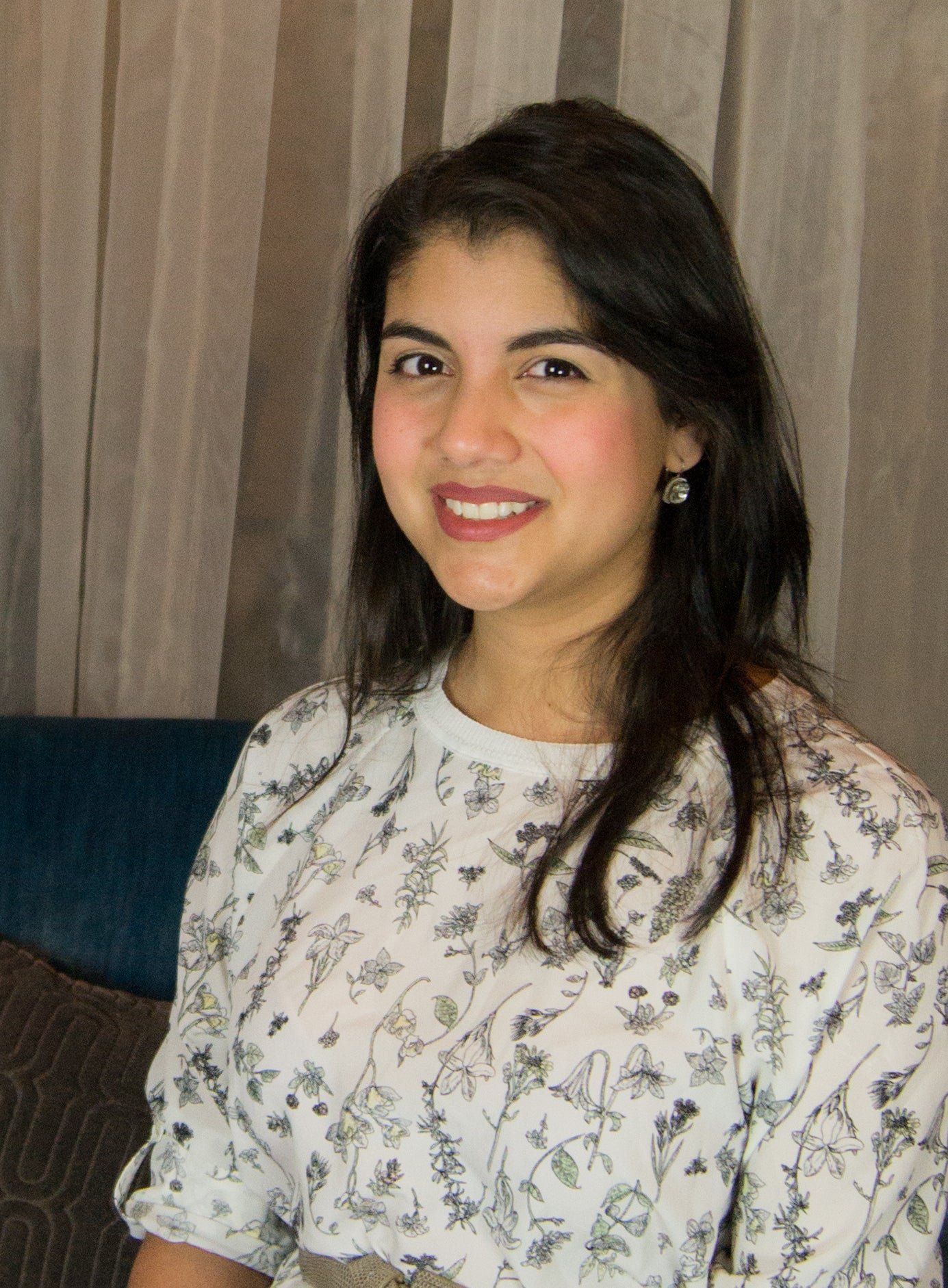
A few specific courses particularly resonated with Samantha. These include Intercultural Methods of Conflict Resolution, Peace in Perilous Times and the research courses (PACS 401 and 402) which prepared her for graduate school and had a tight-knit group of students. She also appreciated the arts-based inquiry option available in most PACS courses. This enabled her to make documentaries, poems, stories, and other creative projects. This aspect of PACS allowed her to develop her passion for slam poetry.
Samantha also found that it allowed her to focus a PACS perspective on her interests. Her advice for future PACS students is not to feel obligated to be one “version” of PACS but rather to take any course and go broad. Connecting with professors is one of the highlights of the program which can open many doors.
Megan Shore - Associate Professor, Western University
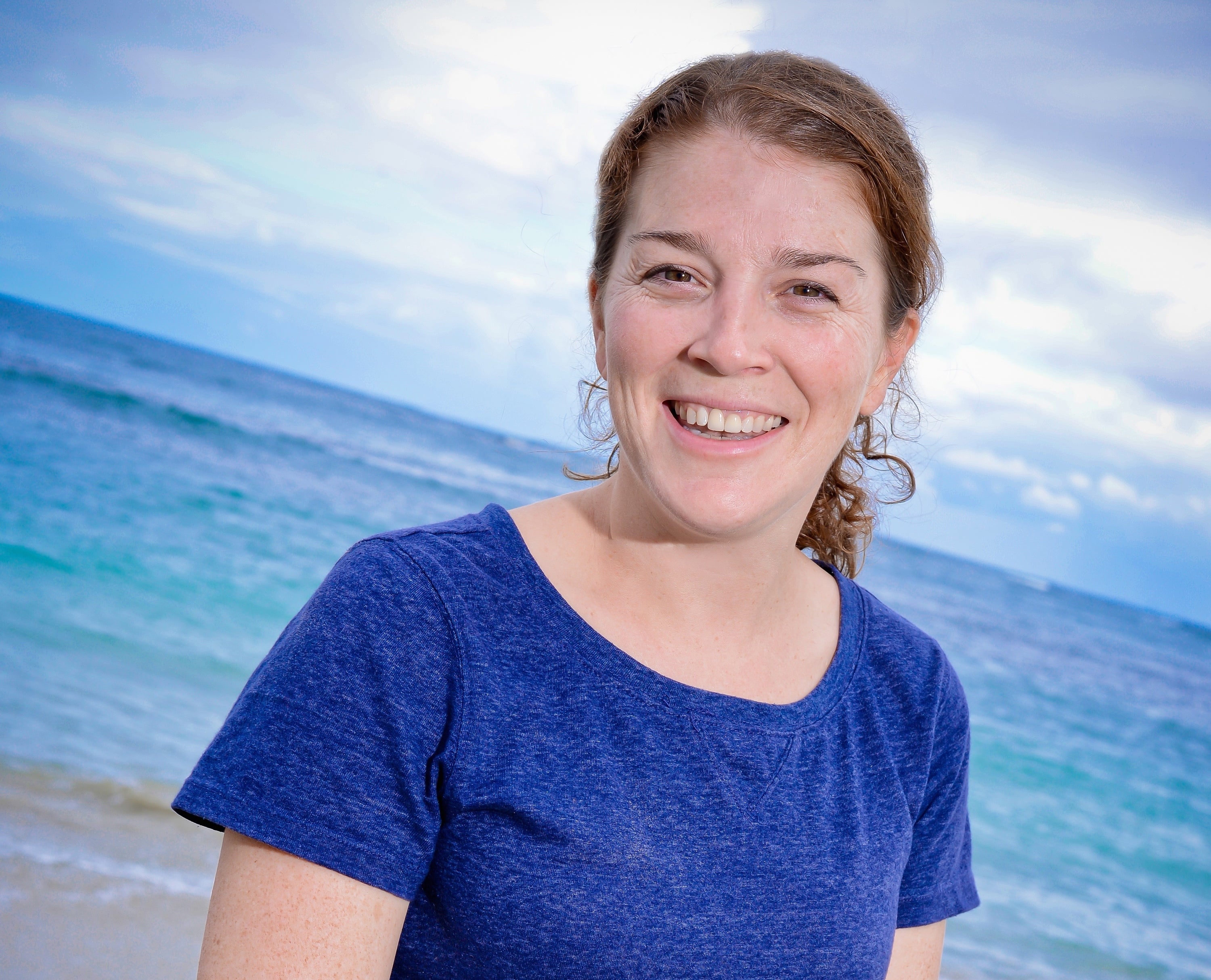
There are three main aspects as a professor of SJP Studies. First, she teaches courses about the theories and ethics of peace, justice, and war. Second, she engages in research that focuses on the intersection of justice and peace. Her current research focuses on the role of faith-based organizations in response to homelessness. Finally, she mentors students in pursuit of their goals. She is currently on sabbatical creating a website called "nopeacewithoutjustice.com", which will act as a virtual hub to profile people, organizations, and events that work to create a more just and peaceful world. Frustrated with stories of hate, oppression and marginalization that seem to dominate the media, this website will offer an alternative narrative of hope and inspiration.
Megan credits the PACS program for introducing her to peace and justice as a field of study as well as the work available in the field. She would not have pursued it without having participated in the PACS program and now tries to guide her students in the way she was guided during her undergrad. Her internship in Guatemala was particularly influential. Both Megan’s program at King’s University College and the PACS program at the University of Waterloo emphasize engagement and active contribution, rather than just academic work in a classroom. She has found that there are many things one can do with a justice-based degree because there is more than one path to justice and peace.
Sam Vandekerckhove - Registrar's Office Records Assistant, University of Waterloo
Working with the university, Sam’s role is to maintain, administer, and implement changes to current student records. He also coordinates, processes, and codes Petitions for Exceptions to Academic Regulations for Arts students. While this may not seem exciting, accurate administration of student records is paramount to ensuring that uWaterloo maintains its high standard of operational integrity. His work with Petitions for Exceptions to Academic Regulations helps provide accommodations and exceptions from standard policy, to students who have experienced extenuating circumstances.
Sam credits PACS as being a sticking point for why he was accepted for this position. He learned useful negotiation techniques, mediation, and communication strategies that he consistently uses when interacting with students, faculty, and staff. Further, knowledge regarding different cultures, religious beliefs and practices, and conflict theory aids in navigating the wealth of diversity that is present within the student body and general community. He firmly believes that the PACS program embodies empathy, compassion, and understanding, as its key values are integrated into every alumni.
Assisting students, faculty, and staff is the most rewarding aspect of his position. The work his committee does makes a genuine difference in students’ lives and can offer them a second chance. “I am proud to say that without the wealth of knowledge and experience PACS facilitated, I wouldn’t be here today!” says Sam.
Jessica Scott - Customer Experience Specialist, University of Waterloo
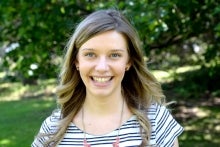
“The biggest thing with any interpersonal issue is listening. So in my job you always start with active listening, where people can tell if you are paying attention. I find that many big problems are actually small misunderstandings, and you just have to be able to unpack a story to understand it. PACS taught me how to listen to people and unpack these stories.”
During her studies, Jessica tailored her PACS major and Religious Studies minor to focus on interpersonal conflict, including aspects like social work and learning how it applied to PACS. After finishing her Bachelor of Arts, Jessica continued to Laurier for a Bachelor of Education degree. “The goal was to always apply my PACS degree within the context of working with people and interpersonal conflict.”
Jessica wants to continue to work with university students in the realm of student services. A large part of her plan is to continue connecting with students on campus and making sure they are finding what they need in order to be successful.
Katie Gingerich - Director, The Ripple Effect Education
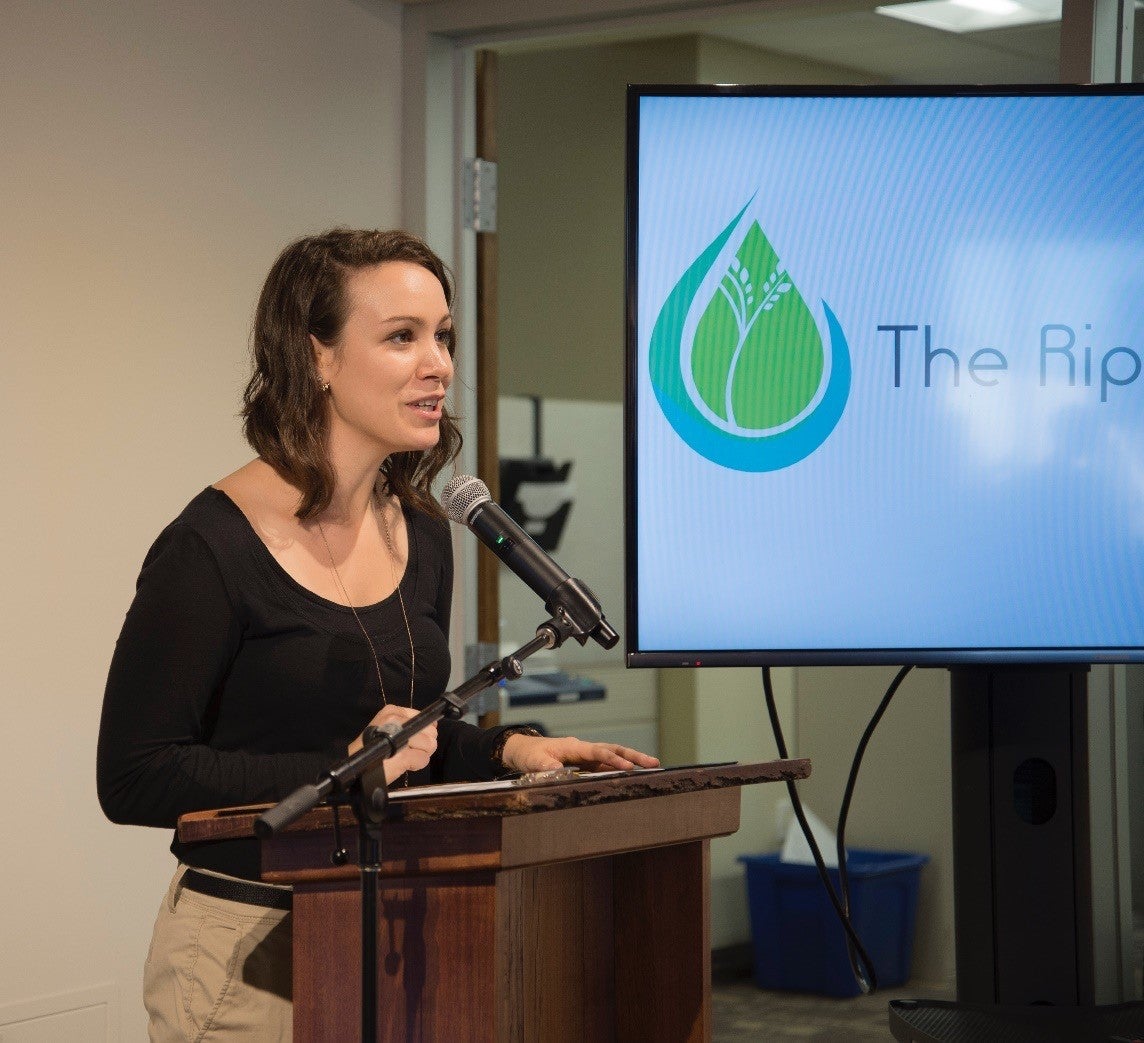
Engaging the students is a huge part of Katie’s job and the success of the program. Katie says “Students are engaged, enthusiastic, and sometimes riled up because they care. Life isn’t always sitting quietly in a classroom, life is dynamic and so the ways we learn about conflict are also dynamic.” Because of this approach, students are exposed to learning in ways they don’t often experience in a classroom.
As an entrepreneur and a PACS graduate, Katie believes in the resources that are available on campus for students, as they have provided a path to develop her program and apply for funding. When it comes to TREE and peace education, Katie says, “Innovation is not just something we talk about in engineering or in science. It can also be something we do for peace.”
Kate Daley - Co-Founder, Smart Growth Waterloo Region
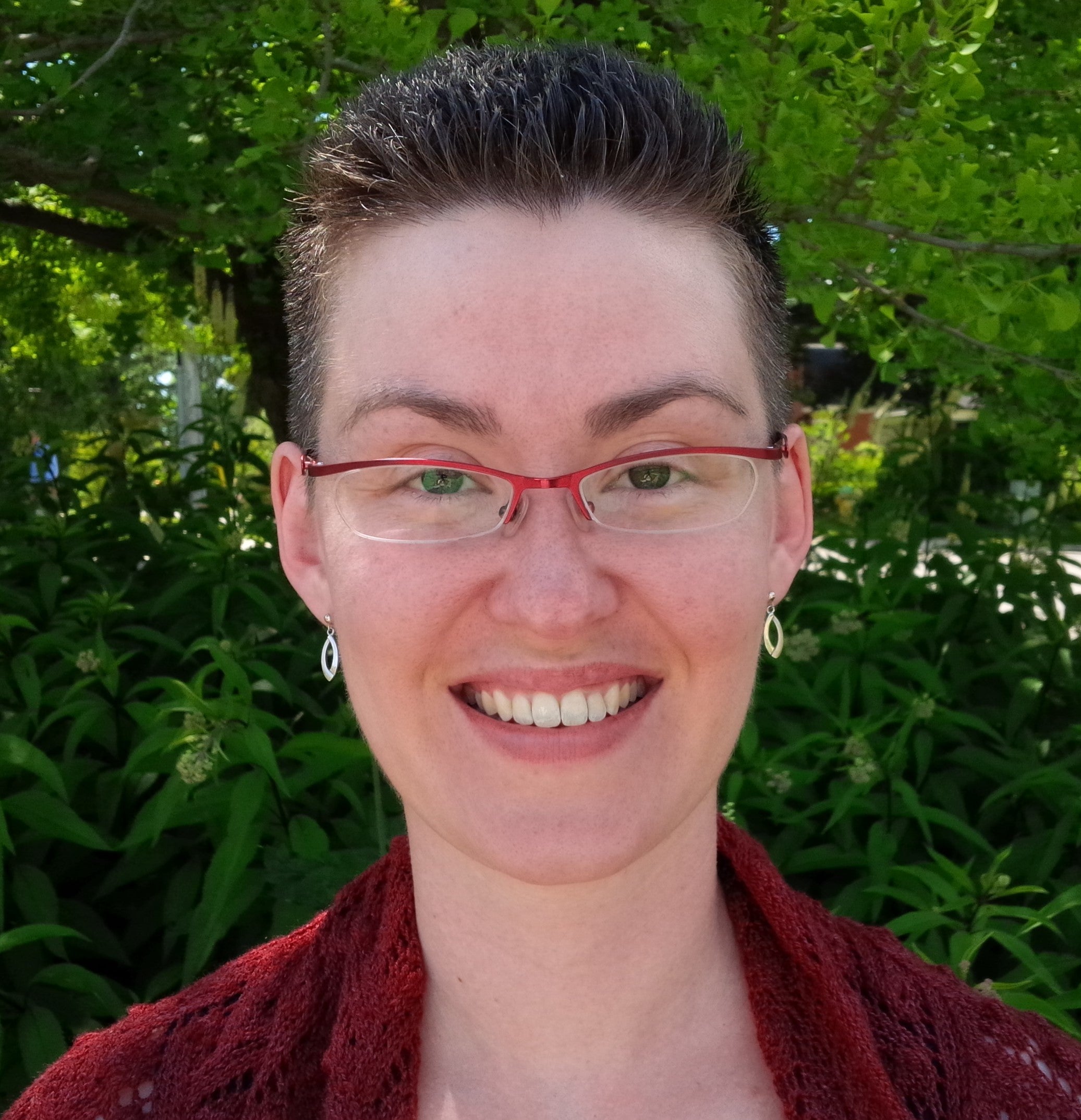
Inspired in part by connections between scholarship and practice that she saw modeled in the PACS program, Kate decided to connect her community advocacy with her work as a doctoral student in Political Science at York University. She is currently finishing her PhD dissertation, examining the politics of growth management and the light rail transit project in Waterloo.
Kate finds the PACS program provided her with a chance to think in a structured way regarding how people address conflict differently. Courses like Christian Approaches to Peacemaking and Quest for Peace in Literature and Film helped her to think about different ways in which people deal with evidence. These classes helped her develop skills to see already-present problems and questions in a new light. This can be applied at a local and global level, and Kate is currently applying it in her study of how municipal politicians understand urban growth. She hopes to publish her dissertation work as a book that is accessible to members of the community, to help build public understanding of why politicians make the decisions that they do.
While there is a tendency to see one’s undergraduate degree as dictating what one pursues, Kate finds that this is not necessary or helpful. “There are many jobs that want broad, diverse skills,” she notes, “and so PACS is a far more applicable field of study than many other programs.
Erin Riley - Vice-Principal, St. Benedict Secondary School, Cambridge
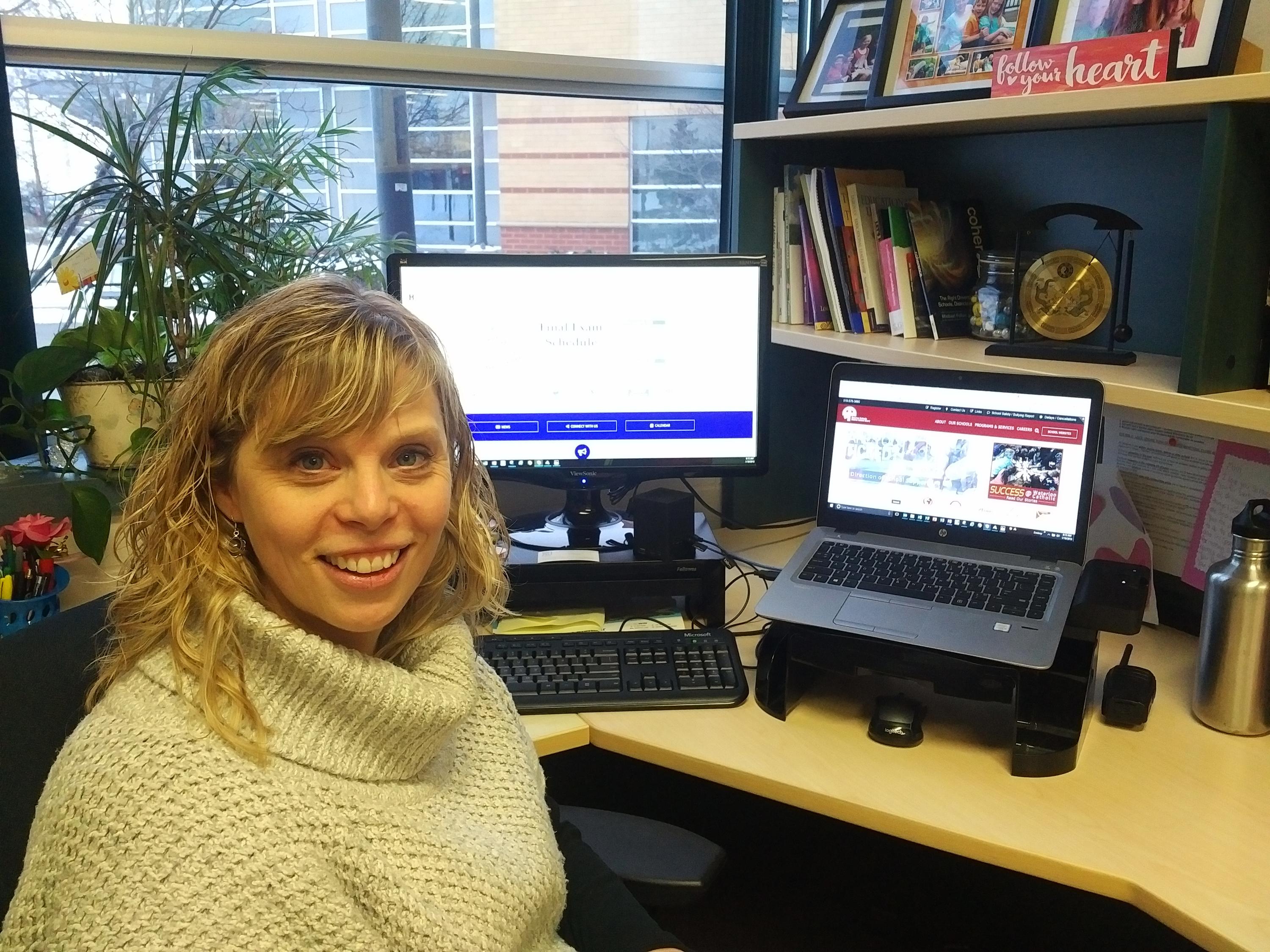
Starting her undergraduate education in 1995 and subsequently graduating in 2000, it took some time for Erin to find the perfect fit for her education, settling into a double major of PACS and Religious Studies. In between her 2nd and 3rd year Erin participated in an internship which she still credits as an instrumental time for her development, both academically and personally.
Erin spent a year with the organization One World where she first was traveling with a group, living in communities in Guatemala. As a part of this portion of the internship the group focused on learning about group dynamics including effective communication, intercultural communication, and problem solving – much of what Erin was learning in her PACS courses.
After returning from her internship and graduating from UWaterloo, Erin was then faced with the decision all graduating students are faced with: what next? For Erin, that next step was teacher’s college. Almost 18 years later, it would seem that Erin made the right choice. In 2001 she started teaching Religion full-time for the Waterloo Catholic District School Board at St. David Catholic Secondary School where she remained for 16 years, first as a Religion teacher and then a guidance counsellor. The past two years Erin has spent as Vice-Principal at St. Benedict Catholic Secondary School in Cambridge.
Kenny Hildebrand - Law Student, Osgoode Hall Law School, Toronto
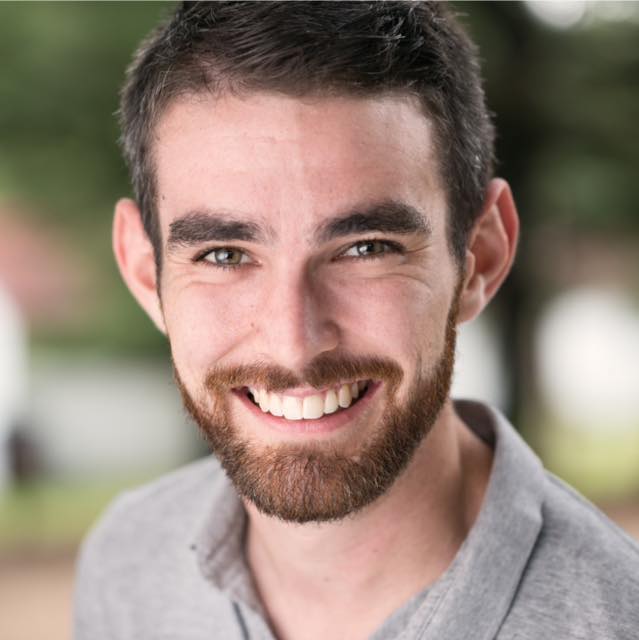
Kenny believes that the soft skills he learned in PACS are equally as important as the hard skills he gained, including research, writing, processes of mediation, and how to negotiate. He states that "PACS is an educational path that infiltrates all aspects of your path. It shapes you into a better person, informing how you can better interact with people and the world around you."
Michael Hunter - Government of Ontario, Public Service
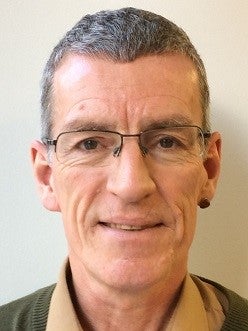
Michael continued his education by completing a Research Analyst Certificate at Humber College. Through this program, Michael took an internship at Toronto Foundation, a charity that works to pool philanthropic dollars and facilitate charitable donations for maximum community impact through strategic granting, thought leadership, and convening within the community.
After a recommendation from someone working with Michael during his internship, Michael began his current position with the Government of Ontario in the realm of Public Service. In this position, Michael works to develop a performance measurement framework for the Human Resources service development area.
Simon Palamar - Research Fellow, Centre for International Governance Innovation
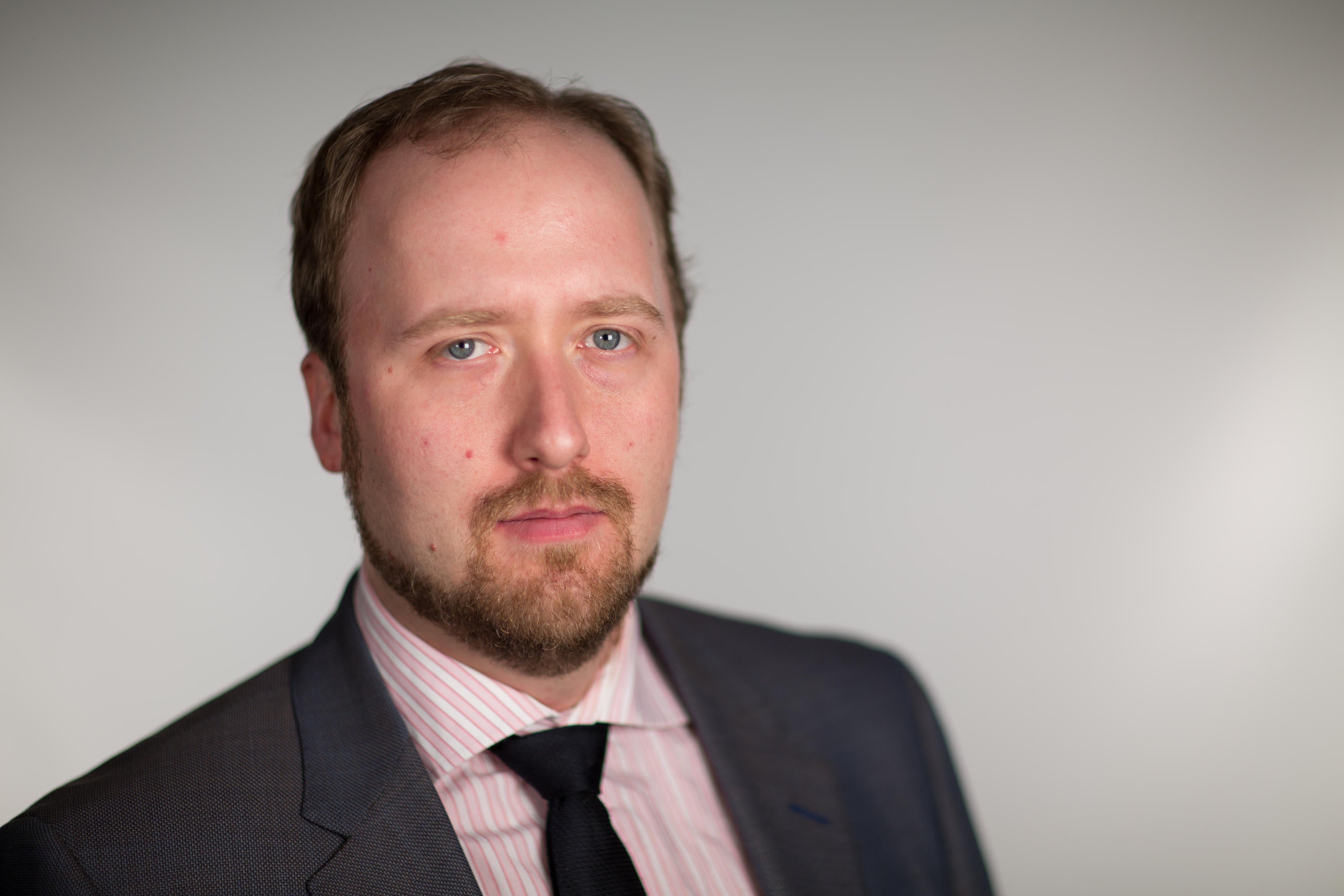
Simon currently works as a Research Fellow with the Centre for International Governance Innovation (CIGI) within their Global Security and Politics Program and has been doing so since the completion of his Ph.D. in 2012. In this position Simon facilitates dialogue between foreign policy professionals and national governments in consultations on sensitive policy issues including national security and refugee law.
Chris Hiller
After graduating from UWaterloo in 1990 with a BA Honours in Psychology and a PACS minor, Chris Hiller remained in the Waterloo region for some time exploring different avenues of peace work. She found herself involved with faith and justice groups, activism against the Gulf War, and organizations addressing violence against women and girls. From there, Chris went to Washington D.C. as a Voluntary Service Worker with Mennonite Central Committee (MCC) and served as the Coordinator of Adult Education for Community of Hope, a community development organization committed to creating opportunities for low-income families experiencing homelessness. This work fully immersed Chris in efforts to grapple with race, racism, and white privilege. Coming back to Canada, Chris worked with Frontier College as the Coordinator of its national Family Literacy Program, where she supported provincial trainers in working with newcomer, low income, and Indigenous communities to create local literacy supports.
Kathleen Cleland Moyer - Sector Capacity Specialist, Ontario Trillium Foundation
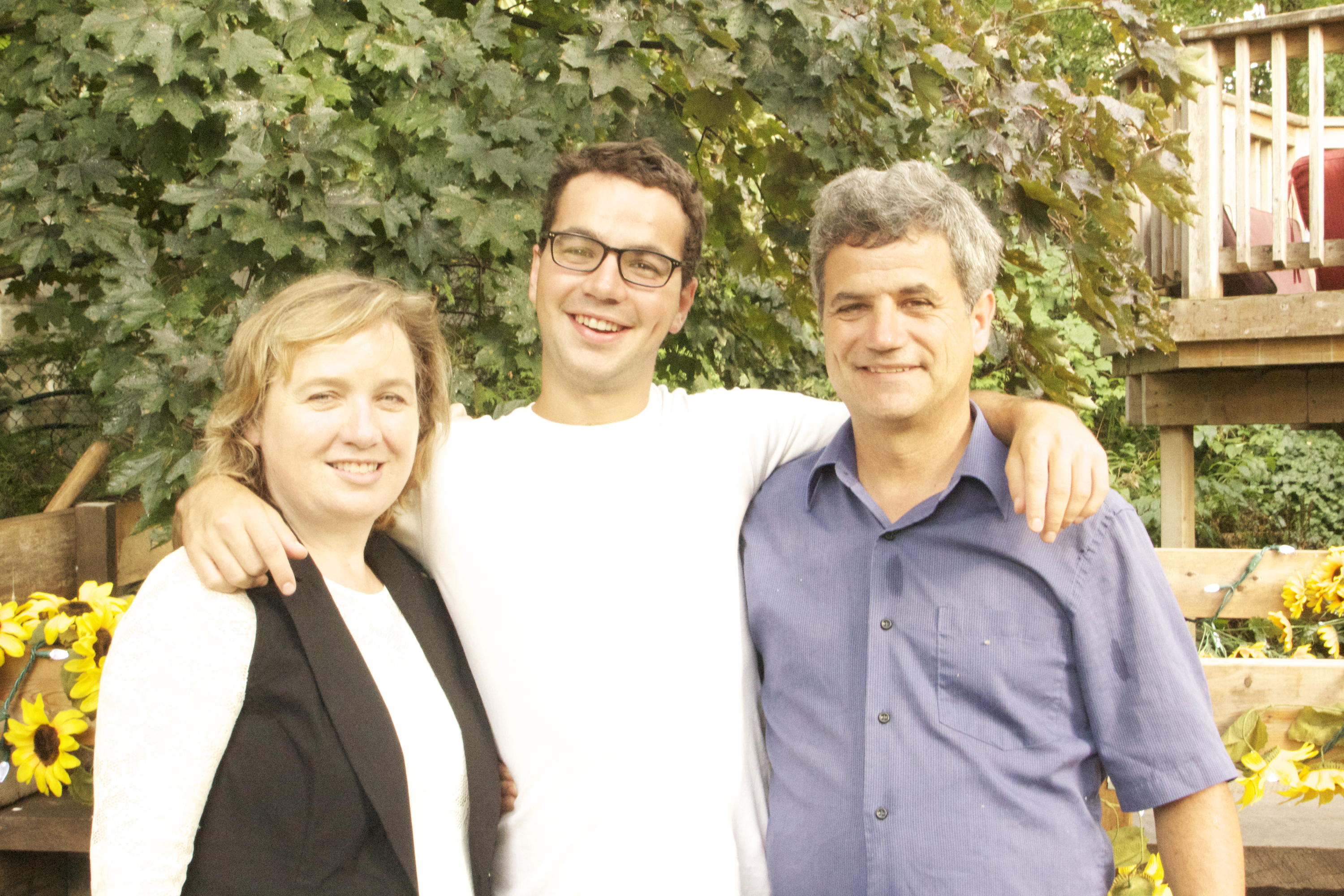
Kathleen saw how powerful dramatic arts could be in the teaching and understanding of conflict and with her husband John Moyer (also a PACs graduate) she started a local theatre initiative called Backyard Theatre. As the chief playwright/director for Backyard Theatre, Kathleen uses theatre as a way to empower audiences to think critically about their lives and how they live together in a community. By day Kathleen works as a Sector Capacity specialist for the Ontario Trillium Foundation.
Bonnie Klassen - MCC Regional Director for South America, Mexico, and Cuba
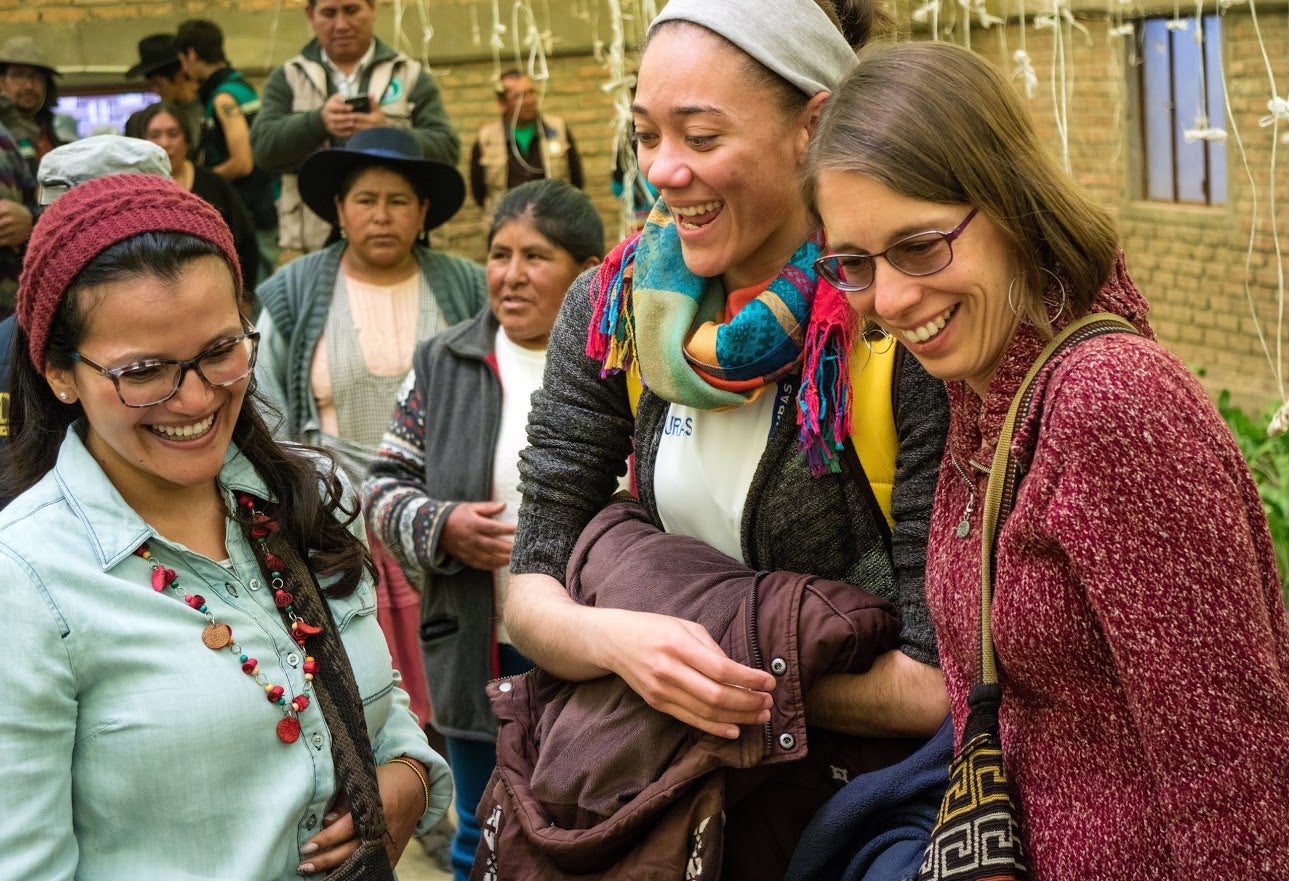
When Bonnie first arrived in Colombia after graduating, she began working as the Assistant to the Director at JUSTAPAZ. Bonnie then went on to become the first MCC Representative for Colombia, holding that position for a decade. For the last 6 years, Bonnie has been the MCC Regional Director for South America, Mexico, and Cuba. In this role, Bonnie works with her colleagues across the region, giving direction and supervision for the work that MCC does. This work has included coordinating disaster responses, community development, and peacebuilding with local partner organizations in the region
Bonnie believes her internship experience during her undergrad radically changed the direction of her life. She found that the value of an arts-based education like PACS gave her the lenses for critical thinking, analyzing, understanding, and asking questions. “This degree gives you tools to reflect and think carefully, try alternatives, facilitate processes, and the tools to know when to step back and listen.”
Bonnie has put these tools to use throughout her entire professional career and has been able to use these tools when working with communities and marginalized people, following the leadership of local communities, and being inspired by them, “Often enough I see Latin American communities doing the impossible. My rational mind will think there is no way; there are certain things that just cannot be done. But I am constantly inspired by those around me, the communities, the churches who are doing the impossible for peacebuilding and dignity. People have persistence, hope, and resilience. They do not think about giving up. They do not have that luxury, so they do the impossible”
Nina Bailey-Dick - Social Planning Associate, Region of Waterloo
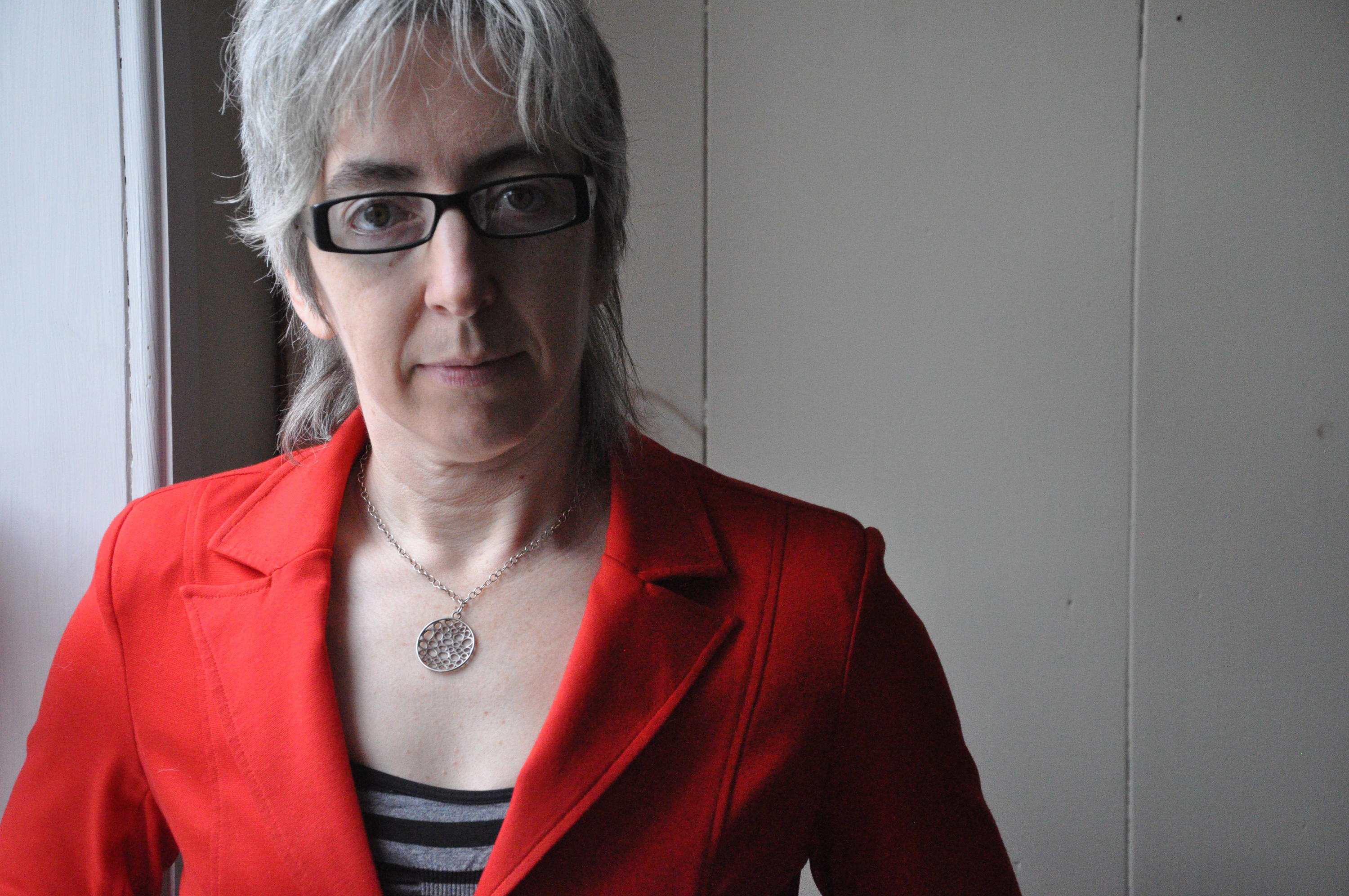
Engineering
Steven Jennings - Business Development Representative, Vidyard
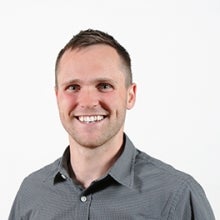
This work is significant to Steven because it contributes to the technology start-up community that is growing in Kitchener. Steve says, “Life in the start-up space is always changing and the ability to adapt is key.”
Since Steven started with Vidyard, the company has more than doubled in size, and they plan to move into a new space in downtown Kitchener. He says, “Everyone in our company contributes to the success of Vidyard, and that's what makes every day exciting, we’re always working towards the next big thing!”
Environment
Will Clarke - Fundraising Coordinator, Operation Groundswell
Will is the Fundraising Coordinator at Operation Groundswell. This is a non-profit organization that facilitates international learning-service programs for anyone between the ages of 18 and 30. We will focus on helping participants fundraise a portion of the money they need to participate in Operational Groundswell programs. The money that they raise is called the Community Contribution, which goes directly to the communities which Operation Groundswell works with.
This is significant to Will for a few reasons. He feels that the programs that Operation Groundswell provides are life-changing for participants. Secondly, and according to Will most importantly, the funds raised for the community contribution help to support communities that Operation Groundswell works with across the globe. These provide amazing impacts for partner organizations, and since all of the projects are community requested, they ensure that they have the maximum positive impact and are giving the community what they need.
Recently, Will has helped a future participant in raising enough money to participate in the program. After she was concerned that she would be unable to go, Will provided strategies and ideas for fundraising that she could implement. When he checked in with her only a week later, she had exceeded her goal. “She was so happy- not only because she was able to go, but because of how proud she felt for reaching her goal!”
Math
Catherine You - Consultant Sentinel Grants, Firetail
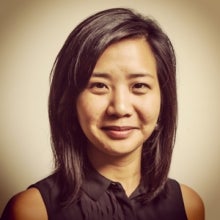
Upon completion of her Diploma, Catherine moved to the UK to join a social enterprise leadership program called On Purpose. On Purpose is a one-year fellowship designed to develop leaders in the social enterprise sector. The program combines two placements with purpose-driven organizations and comprehensive training. One of her placements was with Social Enterprise UK, a membership body for social enterprises, whose goal is to grow the social enterprise movement. They do this through public awareness campaigns, robust research for the sector, and the development of social enterprise networks.
She now works at Firetail, a consulting firm for socially conscious organizations. At Firetail, Catherine works on the Agricultural, Learning and Impacts Network initiative, which specializes in improving monitoring and evaluation in agricultural development programs. She’s currently working on the Bill and Melinda Gates Foundation’s Sentinel Grant Program, measuring results against the foundation’s strategies. This involves providing technical support to 26 agricultural development grantees in South-East Asia and sub-Saharan Africa. Catherine helps organizations figure out what they need to measure, to show that they have made an impact and what they can learn from the data. She has had the opportunity to visit many of the projects she works with, including recent trips to Ghana and Uganda.